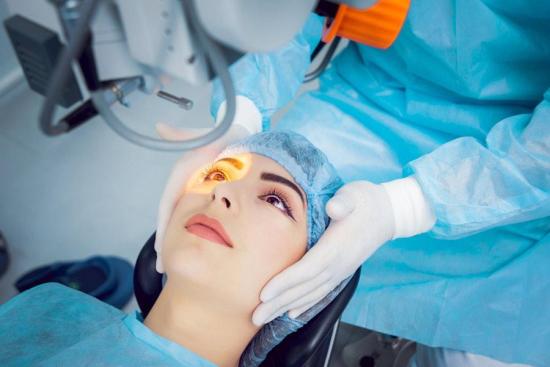Do you suffer from serious eye problems that make corneal transplantation impossible? Keratoprostheses, the latest generation of artificial corneas, can help you regain your sight, even in the most complex situations.
In Turkey, advances in keratoprosthesis technology have enabled us to achieve major milestones, with impressive results in terms of restored visual function and device durability.
Risks and Side Effects
- Infection and implant rejection.
- Glaucoma and implant extrusion.
- Dry eye.
- Temporary blurriness.
- Post-operative pain or discomfort.
- Light sensitivity and corneal scarring.








